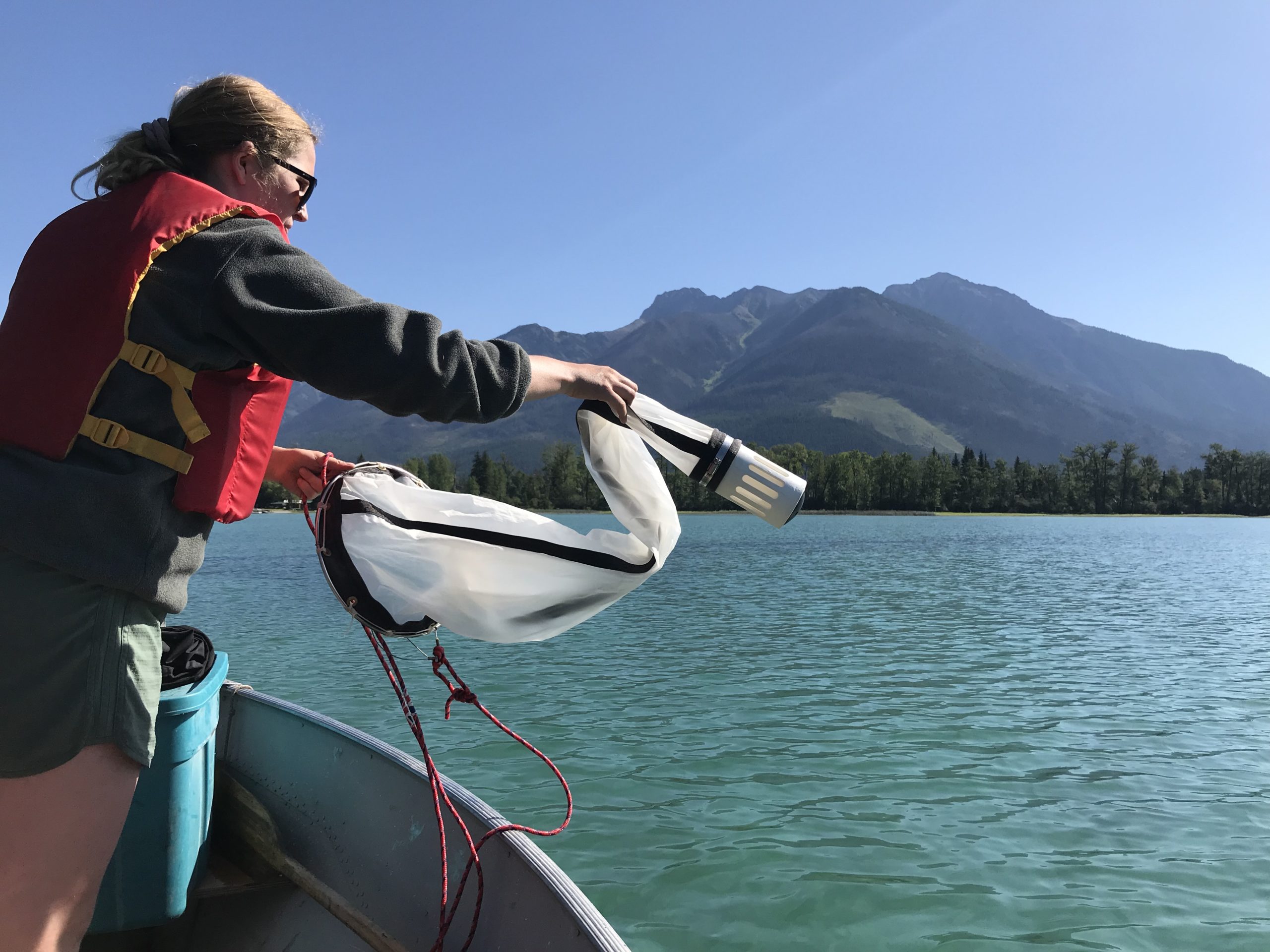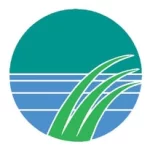More than ten lakes in the East Kootenay region will be sampled for invasive Zebra and Quagga mussels this year, thanks to a $17,305 grant approved as part of the Habitat Conservation Trust Foundation’s annual funding program in partnership with the Ministry of Environment and Climate Change Strategy.
Lakes included in the project are: Tie, Windermere, Koocanusa, Premier, Wasa, Whitetail, Whiteswan, Columbia, Moyie, St Mary, Surveyor’s and Lillian.
Zebra and Quagga mussels have not yet been detected B.C. but constant vigilance is needed as these invasive species can have dramatic impacts on fish populations and human use and have been moving across fresh-water bodies from the east to the west in North America.
“Recreationists have a huge responsibility on their shoulders,” said Jessie Paloposki, Education and Communications Manager for the East Kootenay Invasive Species Council (EKISC). “To continue enjoying the rivers and lakes as we do, we have to ensure we’re not cross-contaminating the water as we move from one lake or river to another. Mussel larvae is microscopic, so the only way we can confirm they’re not hitch-hiking on our gear or watercraft is to ensure that we Clean, Drain, and Dry this equipment before moving to another waterbody.”
The East Kootenay Invasive Species Council will use the grant to carry out plankton tow sampling, using the British Columbia Dreissenid Mussel Lake Monitoring Field Protocol.
The samples are sent to a designated lab by the Ministry of Environment and Climate Change Strategy to check for the presence of veligers, the microscopic free-swimming stage of the mussels’ larva. Sampling is done by using a cone-shaped fine-mesh net. Sampling is usually done between May and October around boat launches, marinas and docks, as the invaders can spread through water-based recreation activities.
This grant was one of 12 awarded by the Habitat Conservation trust Foundation for invasive mussel early detection monitoring in 2019 after a thorough technical evaluation. The grants are part of a record $9 million in funding for 170 conservation projects announced by the Foundation earlier this year.
HCTF Contact:
Shannon West
Manager, Program Development, HCTF
250-940-9789
Project Contact:
Jessie Paloposki
East Kootenay Invasive Species Council
(250) 939-8649
BC Government Contact:
Martina Beck
Invasive Fauna Unit Head
BC Ministry of Environment and Climate Change Strategy
Quick Facts:
- The Habitat Conservation Trust Foundation (HCTF) began as an initiative of BC anglers, hunters, trappers and guide outfitters.
- Since 1981, HCTF has provided over $180 million in grants for more than 2600 conservation projects across BC. This year, a total of $9 million has been awarded for conservation projects in all regions of the province.
- Additional information about HCTF’s invasive mussel monitoring grants is available at https://hctf.ca/grants/invasive-mussel-monitoring-grants/
- You can find a complete list of HCTF-funded projects on the Foundation’s website at https://hctf.ca/achievements/project-list/.







